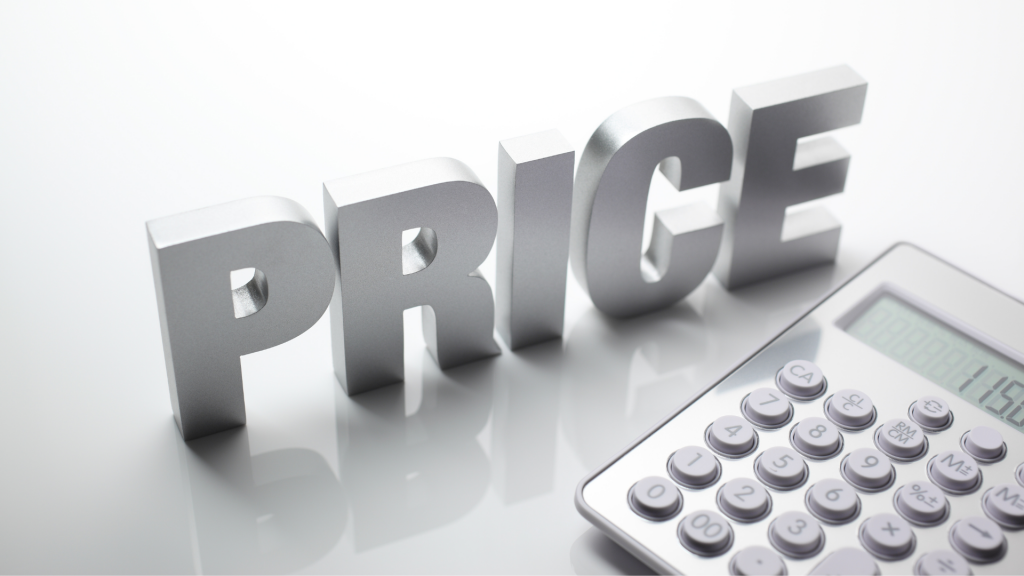
Pricing your home correctly is both an art and a science. It’s a delicate balance between attracting potential buyers and ensuring you receive fair compensation for your property. Setting the perfect price requires a deep understanding of your local real estate market, a strategic approach, and careful consideration of various factors. In this blog post, we’ll explore the intricacies of setting the ideal price for your home, along with specific tactics and methods to position it competitively for a successful sale.
The Critical Role of a Competitive Price
A competitive price is like a magnet for potential buyers. It captures their attention, generates interest, and can even lead to multiple offers. On the other hand, overpricing can deter buyers and lead to a prolonged listing period. Here’s how to strike the right balance:
1. Comparative Market Analysis (CMA)
A Comparative Market Analysis (CMA) is a fundamental tool in determining your home’s value. Here’s how it works:
- Select Comparable Properties: Your real estate agent will identify recently sold properties in your area that closely resemble your home in terms of size, condition, age, and location.
- Analyze Sales Data: Your agent will review the sales data of these comparable properties, including the sale price, time on the market, and any price adjustments made during the listing period.
- Adjust for Differences: Not all homes are identical, so adjustments are made for variations in features, such as additional bedrooms, updated kitchens, or larger yards.
- Calculate the Estimated Value: By comparing the adjusted sale prices of the comps, your agent can estimate the fair market value of your home.
2. Strategic Pricing
Strategic pricing involves setting your initial asking price slightly below the estimated market value. This tactic can create a sense of urgency among buyers, leading to quicker offers and potentially higher final sale prices. It’s a strategy that should be executed with care and consideration of your local market conditions.
3. Regular Market Updates
Real estate markets are dynamic and can change rapidly. Stay in close communication with your real estate agent to monitor market trends and adjust your pricing strategy accordingly. If similar homes are selling quickly, you may have room to increase your asking price.
4. The Psychology of Pricing
The way you present your price can influence buyer perception. For example:
- $399,000 vs. $400,000: The difference of $1,000 can make a home seem significantly more affordable to buyers.
- Round Numbers: Round, even numbers can convey simplicity and transparency.
- Odd Numbers: Odd numbers can suggest uniqueness or non-negotiability.
Consider these psychological factors when deciding on your listing price.
The Importance of Days on Market (DOM)
Days on Market (DOM) is the number of days your home has been listed for sale. It’s a crucial metric that can impact your sale:
- Freshness Matters: Homes that have been on the market for an extended period may appear stale to buyers, potentially leading to lower offers.
- Negotiation Power: The longer your home sits unsold, the more negotiating power buyers may have.
- Carrying Costs: Extended DOM can result in higher carrying costs, including mortgage payments, utilities, and maintenance.
Setting the right price from the beginning can help minimize your DOM and increase your chances of a successful sale.
Consider the Impact of Market Conditions
Understanding the current state of your local real estate market is essential. Factors like supply and demand, interest rates, and economic conditions can influence your pricing strategy. Your real estate agent will be your guide in interpreting these factors and making informed decisions.
Work with a Real Estate Professional
While these tactics and methods provide valuable insights, the expertise of a real estate professional is invaluable. An experienced agent can interpret market data, perform a thorough CMA, and provide guidance on pricing strategy. They’ll also factor in your unique circumstances and goals to help you determine the perfect price for your home.
In conclusion, setting the perfect price for your home is a multi-faceted process that requires a combination of market knowledge, strategic thinking, and an understanding of buyer psychology. By utilizing methods like Comparative Market Analysis, staying attuned to market updates, and working with a real estate professional, you can position your property competitively and increase your chances of a successful sale. Remember, the right price can make all the difference in attracting motivated buyers and achieving your real estate goals.